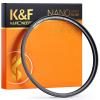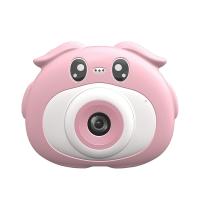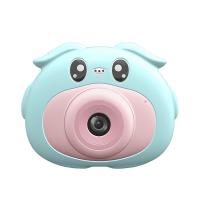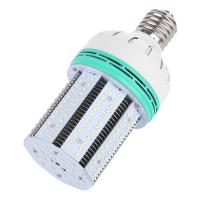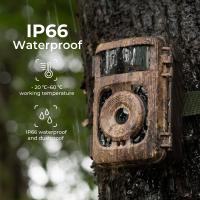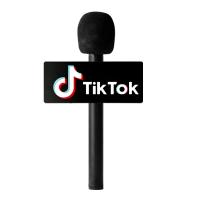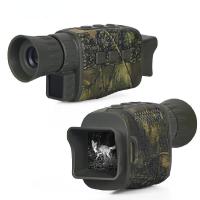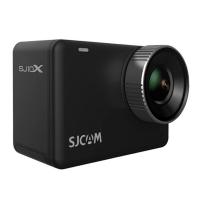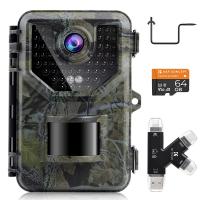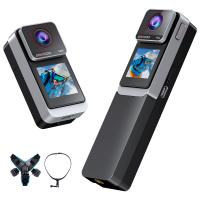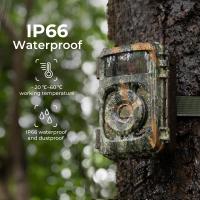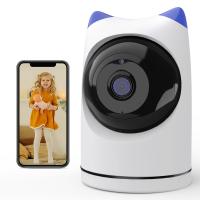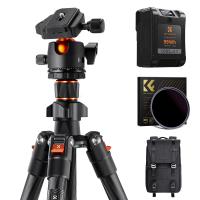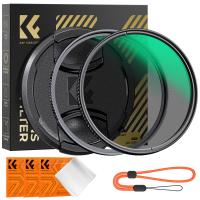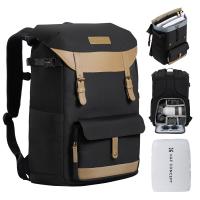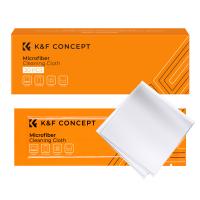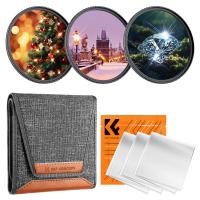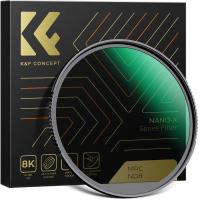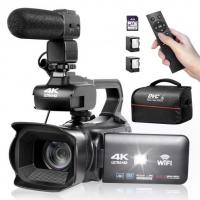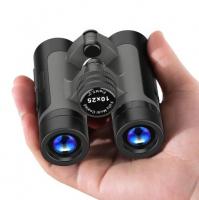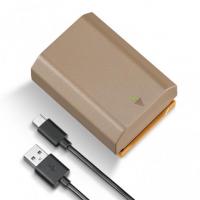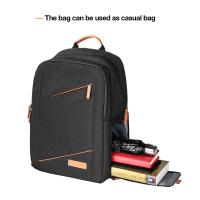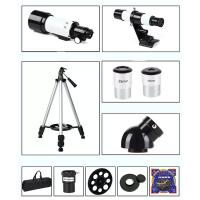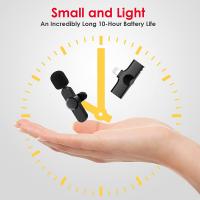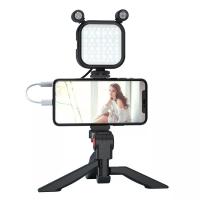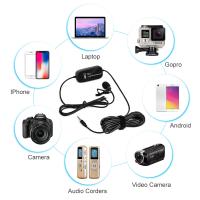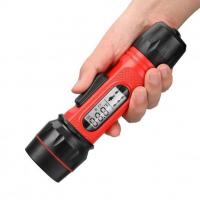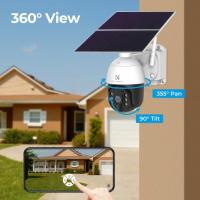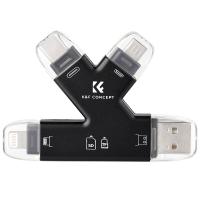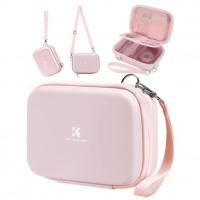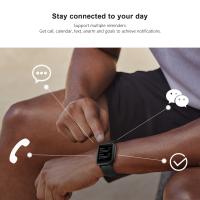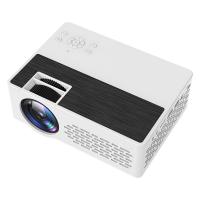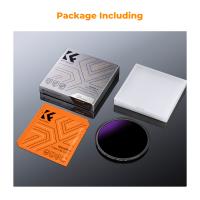What Is A Good Starter Video Camera?
Choosing the right starter video camera can be a daunting task, especially with the myriad of options available in the market today. Whether you are an aspiring filmmaker, a vlogger, or someone who simply wants to capture high-quality videos, selecting a camera that meets your needs and budget is crucial. In this article, we will explore the key factors to consider when choosing a starter video camera, recommend some of the best options available, and provide practical tips to help you make an informed decision.
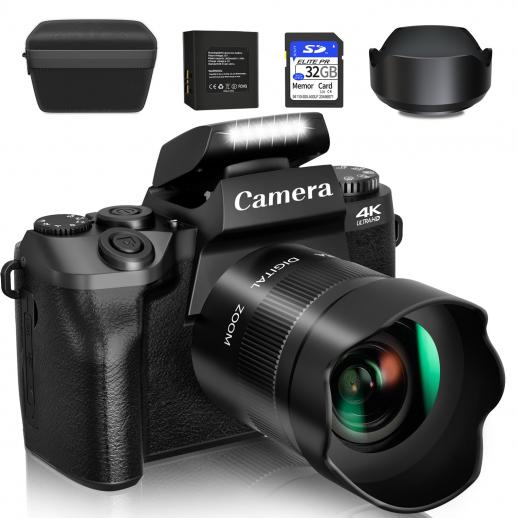
Key Factors to Consider
1. Budget
Your budget is the first and foremost factor to consider. Video cameras come in a wide range of prices, from affordable entry-level models to high-end professional equipment. Determine how much you are willing to spend and look for cameras that offer the best value within your budget.
2. Purpose
Identify the primary purpose of your video camera. Are you planning to shoot vlogs, short films, travel videos, or family events? Different types of video content may require different features. For instance, a vlogger might prioritize portability and ease of use, while a budding filmmaker might look for advanced manual controls and high-resolution capabilities.
3. Resolution and Frame Rate
Resolution and frame rate are critical for video quality. Most starter cameras offer at least Full HD (1080p) resolution, but 4K is becoming increasingly common and future-proof. Frame rates of 24, 30, and 60 frames per second (fps) are standard, with higher frame rates offering smoother motion, which is particularly useful for action shots and slow-motion footage.
4. Lens Options
Interchangeable lens cameras, such as DSLRs and mirrorless cameras, offer greater flexibility and creative control compared to fixed-lens camcorders. However, they can be more expensive and complex to use. Consider whether you need the versatility of interchangeable lenses or if a high-quality fixed lens will suffice.
5. Audio Quality
Good audio quality is essential for most video projects. Look for cameras with built-in microphones that offer decent sound quality, or better yet, those with external microphone inputs for improved audio capture.
6. Stabilization
Image stabilization is crucial for reducing camera shake and producing smooth, professional-looking videos. Optical stabilization is generally more effective than digital stabilization, but both can be beneficial.
7. Ease of Use
As a beginner, you’ll want a camera that is user-friendly and has intuitive controls. Features like touchscreen interfaces, automatic settings, and built-in tutorials can make the learning curve less steep.
Recommended Starter Video Cameras
1. Canon EOS M50 Mark II
The Canon EOS M50 Mark II is a popular choice for beginners due to its compact size, ease of use, and excellent video quality. It offers 4K recording, a vari-angle touchscreen, and Dual Pixel autofocus, making it ideal for vlogging and general video production. The camera also supports external microphones, enhancing audio quality.
2. Sony ZV-1
Designed specifically for content creators, the Sony ZV-1 is a compact camera that excels in video performance. It features a 1-inch sensor, 4K recording, and a high-quality built-in microphone with a windscreen. The ZV-1 also offers advanced autofocus and a flip-out screen, making it perfect for vlogging and on-the-go shooting.
3. Panasonic Lumix G7
The Panasonic Lumix G7 is a versatile mirrorless camera that offers 4K video recording and a range of manual controls. Its interchangeable lens system provides flexibility for different shooting scenarios, and the camera’s lightweight design makes it easy to carry around. The G7 is a great option for those looking to explore more advanced video techniques.
4. GoPro HERO9 Black
For action and adventure enthusiasts, the GoPro HERO9 Black is an excellent choice. This rugged, waterproof camera offers 5K video recording, excellent stabilization, and a range of mounting options. Its compact size and durability make it perfect for capturing high-quality footage in challenging environments.
5. DJI Pocket 2
The DJI Pocket 2 is a unique, handheld camera with a built-in gimbal for superior stabilization. It offers 4K video recording, a compact design, and a range of intelligent shooting modes. The Pocket 2 is ideal for travel, vlogging, and capturing smooth, cinematic footage with minimal effort.
Practical Tips for Choosing and Using Your Starter Video Camera
1. Research and Reviews
Before making a purchase, read reviews and watch video comparisons to understand the strengths and weaknesses of each camera. User feedback can provide valuable insights into real-world performance and reliability.
2. Try Before You Buy
If possible, visit a camera store to handle different models and see how they feel in your hands. This can help you determine which camera is most comfortable and intuitive for you to use.
3. Learn the Basics
Invest time in learning the basics of video production, including composition, lighting, and audio recording. Many cameras come with built-in tutorials and guides to help you get started.
4. Experiment with Settings
Don’t be afraid to experiment with different settings and modes on your camera. Understanding how to manually control exposure, focus, and white balance can significantly improve the quality of your videos.
5. Invest in Accessories
Consider investing in essential accessories such as a tripod, external microphone, and extra batteries. These can enhance your shooting experience and help you achieve more professional results.
6. Edit Your Footage
Editing is a crucial part of the video production process. Familiarize yourself with basic video editing software to trim, color correct, and add effects to your footage. Many beginner-friendly editing programs are available, such as Adobe Premiere Elements and iMovie.
Choosing a good starter video camera involves balancing your budget, needs, and desired features. By considering factors such as resolution, lens options, audio quality, and ease of use, you can find a camera that suits your specific requirements. The Canon EOS M50 Mark II, Sony ZV-1, Panasonic Lumix G7, GoPro HERO9 Black, and DJI Pocket 2 are all excellent options for beginners, each offering unique advantages.
Remember, the best camera is the one that you feel comfortable using and that inspires you to create. With the right camera and a willingness to learn, you can start capturing high-quality videos and bring your creative vision to life. Happy shooting!

